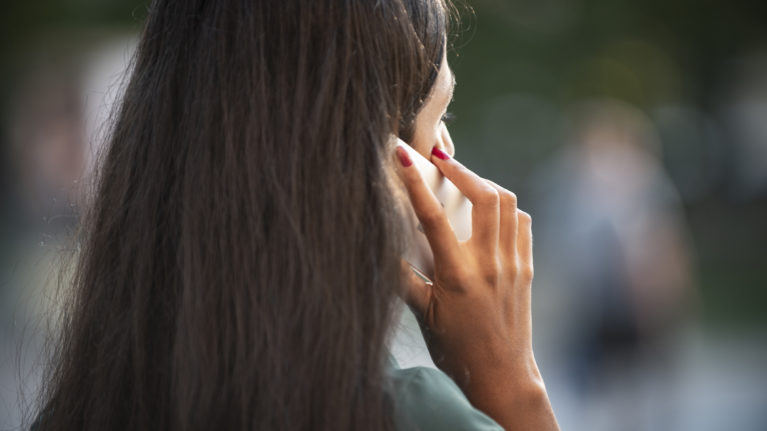Being a Snitch When It Comes to Mental Health
TW: mentions of gun violence and suicide.
Your friend sneaks a gun into school. Maybe they tell you. Maybe they don’t, but you see it when they open their backpack to get their chromebook. You’re worried that they might do something bad. Who do you tell? Do you tell anyone at all?
Or what if your friend posts on the close friend’s story of their private finsta that they want to kill themself? This isn’t the first time they’ve said it, but they usually laugh it off and move on. For some reason, this time you feel like they mean it. Who do you tell? Do you tell anyone at all?
The dictionary definition of a snitch is strictly “an informer.” It’s connotative meaning implies that the person is going about it for some personal gain.
But, being a snitch has new meaning in this day and age. For a generation that values privacy and trust greatly—between the private stories, private accounts, and frequent anonymity—we live in a world of secrets. If you tell someone something, you expect them to keep it to themselves. If they don’t, and if you find out, there are consequences. They lose out on your inner circle and are stripped of the privilege of open communication. They are known to their community as the one who can’t keep a secret, the big mouth, and the snitch.
Too bad this is also a generation that values close relationships. We hate to be excluded. We hate to not be trusted, to be doubted, and to have our integrity questioned.
But, at what point does a growing concern outweigh the threat of a title? Are you really a “snitch” if you’re helping someone out?
Snitches get stitches. It’s unfortunate how this childhood rhyme still rings true in many situations. If your friend who brings a gun to school confides in you that they plan to use it and lets you know so you can leave early that day, do you tell anyone? Do you “ruin” your “friend’s” plan? What if you become their next target, of social exclusion or of worse?
The one upside to being a snitch is that hopefully the person you’re “telling” on will end up getting the help they need. Then, you won’t be subjected to any threat because instead of being the bad, untrustworthy person you become the good, helpful, upstanding citizen. Maybe other people will stop confiding in you in the future, but which is more important?
But our minds tend to lean towards the worst case scenarios. What if they don’t get the help they need? What if someone thinks you’re lying? What if they find out before an adult can get to them? What if more people end up finding out than what you intended? Maybe someone else will step up, surely. Right?
It can be scary to imagine facing the possible consequences. But putting them against the consequences of staying silent can be worse. In the cases above, you could help prevent a mass tragedy or you could save someone’s life. Concerned friends are not snitches.




